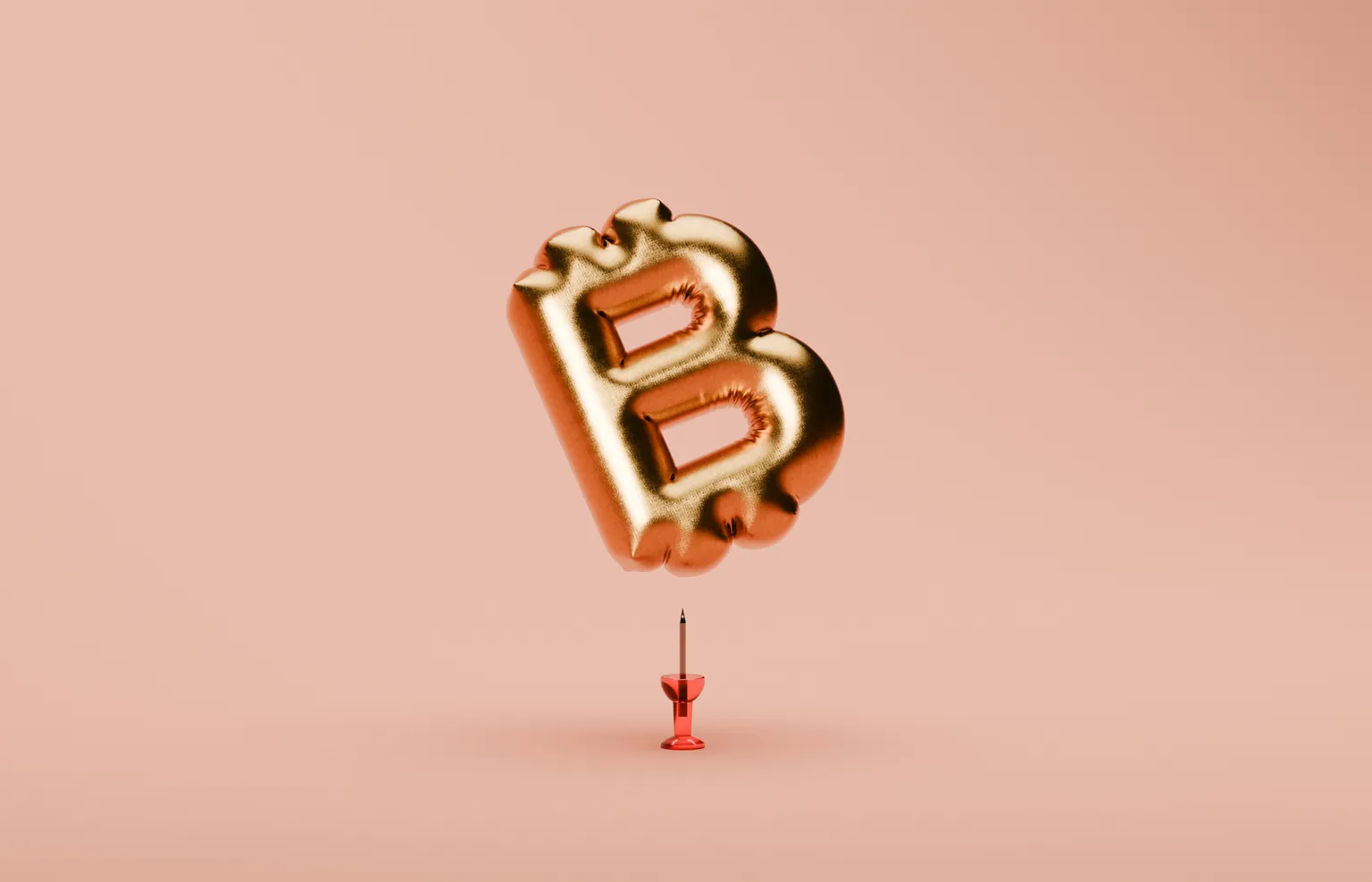Bitcoin's Emerging Role as a Reserve Asset Rather Than a Currency

Bitcoin's Positioning in the Market
Bitcoin, often referred to as digital gold, is gaining traction as a reserve asset due to its limited supply and deflationary properties. Investors are increasingly turning to Bitcoin as a hedge against inflation, viewing it as a store of value over time.
What Drives the Shift?
- Investor Behavior: Many users are opting to hold Bitcoin rather than spend it, contributing to its role as a reserve asset.
- Market Trends: As traditional fiat currencies face inflation, Bitcoin's deflationary features entice long-term holders.
- Perception Shift: The narrative around Bitcoin is evolving beyond a mere transactional medium.
Risks and Considerations
- Market Volatility: Bitcoin's price fluctuations pose risks to those considering it solely as a currency.
- Regulatory Landscape: Potential changes in regulations could impact Bitcoin's adoption.
- Technological Developments: Innovations in blockchain technology will shape Bitcoin's future role.
Ultimately, while Bitcoin may not fully replace traditional currencies, its evolution into a reserve asset signals a significant shift in the perception and function of cryptocurrency.
This article was prepared using information from open sources in accordance with the principles of Ethical Policy. The editorial team is not responsible for absolute accuracy, as it relies on data from the sources referenced.